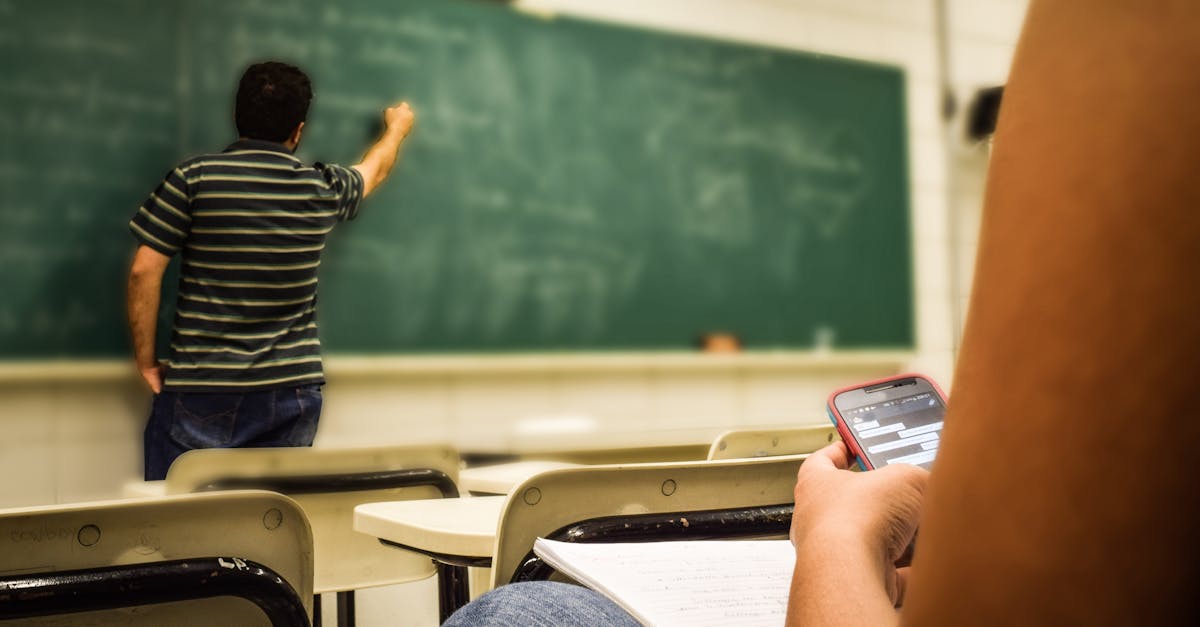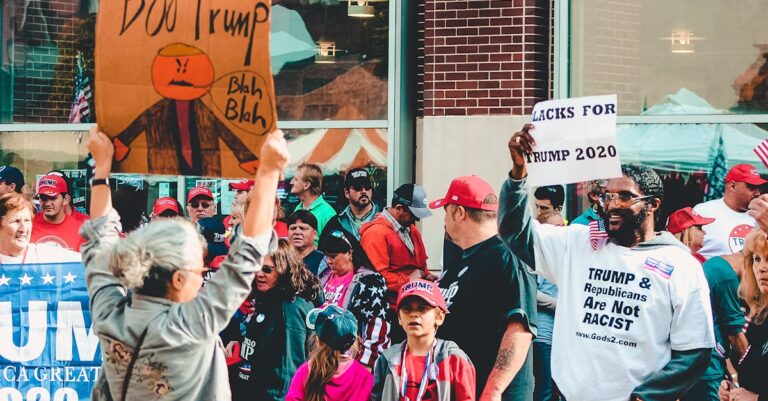
Introduction
In the realm of public education, debates about funding are not uncommon. However, certain topics within this broader discussion can become particularly contentious, leading to unwelcome disputes that detract from the primary goal of providing quality education to students. This article delves into three key areas that often spark heated debates in public schools: dress codes, the intersection of politics, and the utilization of Flagler statistics.
Dress Codes: Balancing Expression and Discipline
One of the perennial hot-button issues in public schools is the debate over dress codes. Proponents argue that dress codes promote a sense of professionalism and reduce distractions in the learning environment, while opponents contend that they infringe upon students’ rights to self-expression. Striking a balance between maintaining decorum and respecting students’ individuality is crucial in this ongoing debate.
While dress codes can serve a valid purpose in upholding standards of modesty and professionalism, they must be implemented with sensitivity to diversity and cultural norms. By engaging students, parents, and faculty in constructive dialogue, schools can develop dress code policies that reflect the values of the community while nurturing a positive and inclusive school climate.
Politics in Education: Navigating Ideological Divides
The intersection of politics and education is another contentious issue that can polarize public discourse. Whether it involves curriculum content, school funding, or teacher hiring practices, political ideologies often shape the direction of public education. However, when political agendas overshadow the primary mission of education – to cultivate critical thinking, civic engagement, and intellectual growth – the integrity of the educational system is compromised.
To navigate the minefield of political debates within public schools, stakeholders must prioritize evidence-based decision-making, uphold academic freedom, and foster a culture of open dialogue and respect for diverse perspectives. By promoting a balanced and inclusive approach to political discourse, schools can uphold their commitment to providing students with a well-rounded and impartial education.
Utilizing Flagler Statistics: Empowering Informed Decision-Making
Flagler statistics, named after education reformer Ezra Flagler, are essential tools for assessing the effectiveness of public school policies and programs. By analyzing data on student performance, graduation rates, teacher qualifications, and other key indicators, educators and policymakers can identify areas for improvement and measure the impact of interventions over time.
However, the interpretation and utilization of Flagler statistics can also be a source of contention, as different parties may draw conflicting conclusions from the same data. To address this challenge, schools must prioritize transparency, accessibility, and collaboration in their data analysis processes. By engaging stakeholders in meaningful discussions about Flagler statistics and their implications, schools can foster a culture of data-driven decision-making and continuous improvement.
Conclusion
In conclusion, navigating unwelcome debates in public schools requires a nuanced understanding of complex issues such as dress codes, politics, and the use of Flagler statistics. By approaching these contentious topics with empathy, evidence-based reasoning, and a commitment to inclusive dialogue, schools can transcend divisive rhetoric and focus on their core mission of providing high-quality education to all students.








Hey y’all, dress codes and politics in schools, am I right? It’s like trying to mix oil and water sometimes! But hey, let’s not forget about those Flag
Hey y’all,
I reckon funding for public education is always a big ol’ topic of discussion, ain’t it? But dang, these debates sure can get heated sometimes, especially when folks start squabbling about dress codes, politics, and them Flagler stats.
Now, dress codes can be a touchy subject ’cause some folks think they’re necessary for keep
Wow, because what we really need in education is more arguments about dress codes and statistics named after some random guy, right? Can’t wait for all the riveting debates about whether students should wear polka dots or stripes. So essential to the learning process,
Ugh, dress codes in schools make me so mad! Like,
OMG, I love this topic! 🌟 Education is so important and like, these discussions are like, really
I feel like dress codes are tough, you know? On one hand, it’s important to keep things professional and not be all super distracting, but on the other hand, we gotta let people be themselves, man. It’s like, where’s the balance, you know? And politics in education?
hey there! i liked this article cause it talks about stuff that can be a lil touchy in schools. like, dress codes, politics, and those Flagler statistics. i
OMG, dress codes in schools be like a whole drama! Some say it’s all about looking professional and not getting distracted, but others say it’s like totally not cool ’cause it stops self-expression. And then there’s this whole mess with politics getting all
Wow, because we all know the most pressing issue in education is definitely what students are wearing, right? Forget about actually improving the quality of teaching and resources, let’s spend hours arguing over whether someone’s skirt is too short. Great priorities, people.
Omg this article about public schools and debates on funding is so spot on! Dress codes,
Lol, dress codes are so boring. Like, let students wear what they want, you know? But like, at the same time, we gotta think about being respectful and stuff. And then there’s politics in education, which is like a whole mess. We should just focus on teaching kids important stuff instead of arguing about politics all the time. And Flagler statistics, who even is Flagler? But
so sad that sometimes the big important stuff like giving kids a good education gets lost in all these heated
Hey, I think this is a really important topic to talk about because funding in schools is super duper crucial for students to learn well. Like, dress codes may seem boring, but they can make a big diff in how students feel ‘n act in school. And, like, politics in education can
Oh wow! This article really shows how important it is to
wow, this blog post is all about those big debates in schools, like dress codes and political stuff. it’s like, a big deal, you know
oh man this is so sad to read about, like why can’t everyone just get along and focus on giving kids a good education y’know? i feel like all these debates just distract from what’s really important. education should be about helping students grow and learn, not about arguing over dress codes and politics. it’s just so frustrating to see how these issues can cause so much division
yanno, I don’t get why people get so riled up about dress codes in schools
Man, debates about funding in public schools can get pretty heated, right? But like,
yo this is a wild debate goin on in public schools bout dress codes and politics and Flagler stats. like can we just chill and focus on givin students a good education y’know? dress codes can be important but we gotta respect everyone’s individuality too. and politics, man that’s a messy topic but we gotta stick to the main thing which is helpin students grow and think
Hey there! This article really got me thinking about the importance of balancing rules and individuality in schools. It’s so crucial to consider different perspectives when it comes to dress codes and education policies. We all want our schools to
Ok so this article talks about how funding in schools can lead to big arguments. It mentions three main topics like dress codes, politics, and using Flagler stats. So like dress codes, some people think they’re good to help students focus but others say they stop kids from expressing themselves. Then there’s politics mixing with education that can make things
Oh great, another riveting article about dress codes, politics, and Flagler statistics – because that’s exactly what I come to a blog about education for, right? Can’t
Hey y’all, I reckon it’s mighty important to find a good balance when it comes to dress codes in public schools. Sure, rules are rules, but it’s also crucial to respect students’ right to express themselves. It’s like walking a tightrope, ya know?
And don’t even get me started on politics in education
Wow, this blog really gets into some deep topics about schools and education, you know? It’s important to think about how things like dress codes and politics can affect students and teachers. And those Flagler statistics sound super important for making things better
Ya know, sumtimez skoolz get all caught up in these big ol’ debates ’bout
Wow, this article really opened my eyes to some important issues in public education. Dress codes can be a tricky subject, but finding a balance between professionalism and self-expression is key. And don’t even get me started on politics in education! It’s so important to prioritize evidence-based decision-making and maintain a respectful dialogue. And those Flagler statistics sound like powerful tools for improving school policies. Transparency and
Hey, I think it’s super important to talk about dress codes in schools, ya know? Like, students should be able to express themselves, but we also gotta have some rules so things don’t get too crazy. And don’t even get me started on politics mixing with education – that’s a whole
Omg, like, dress codes in schools can be so, like, controversial, right? I mean, yeah, professionalism is important but so is self
Um, I think this article brings up some good points about stuff like dress codes in schools and how it’s important to
“Hey y’all, great article! Dress codes, politics, Flagler stats, who knew they could be so controversial, right? But hey,
Wow, talk about dress codes and Flagler statistics. I once wore a tie to school and it felt like I was in a straightjacket all day! And those Flag